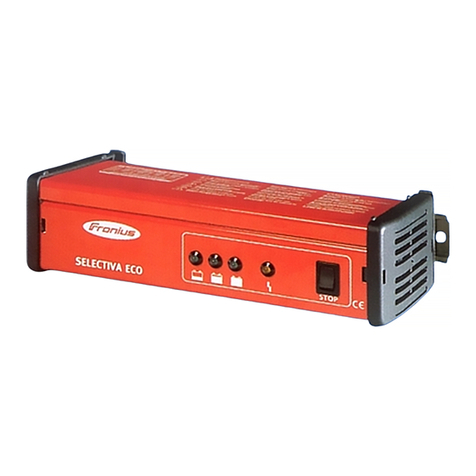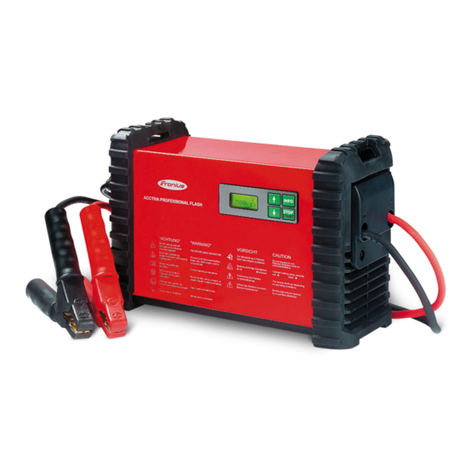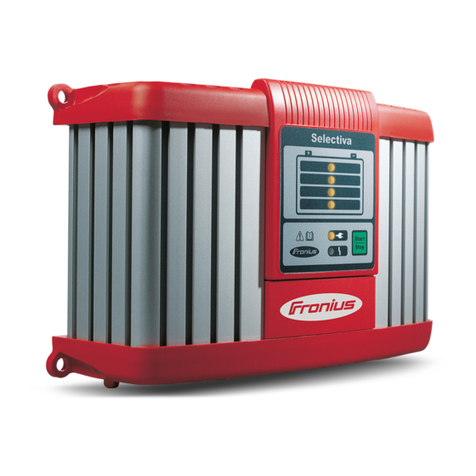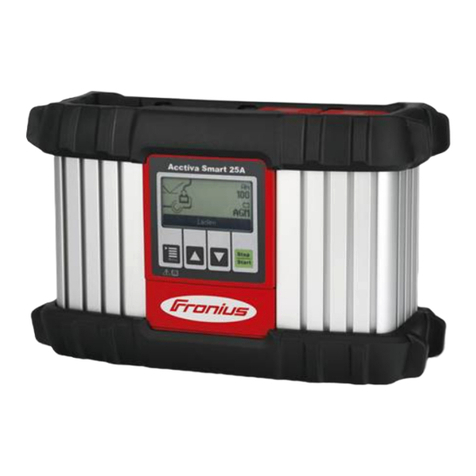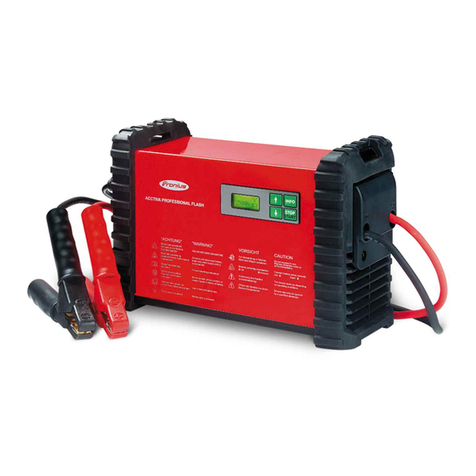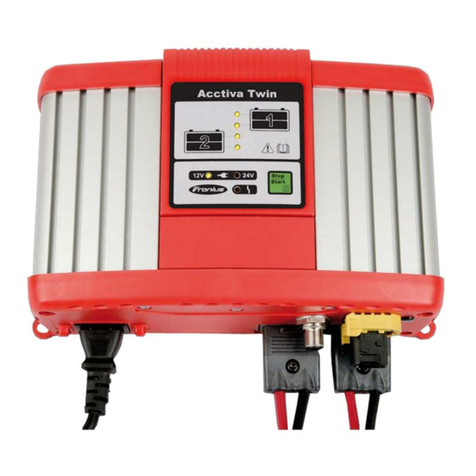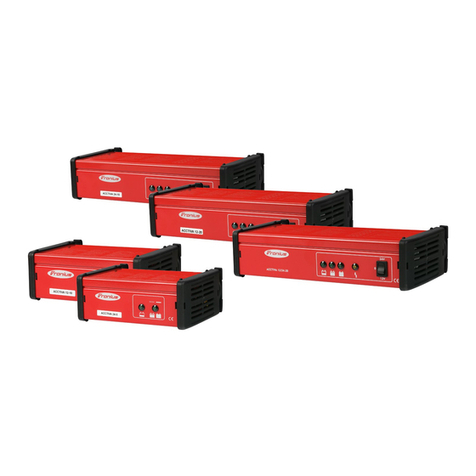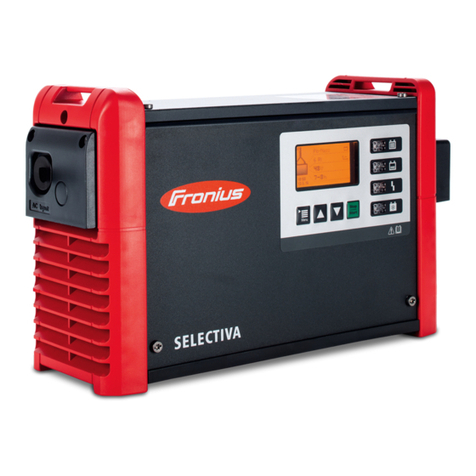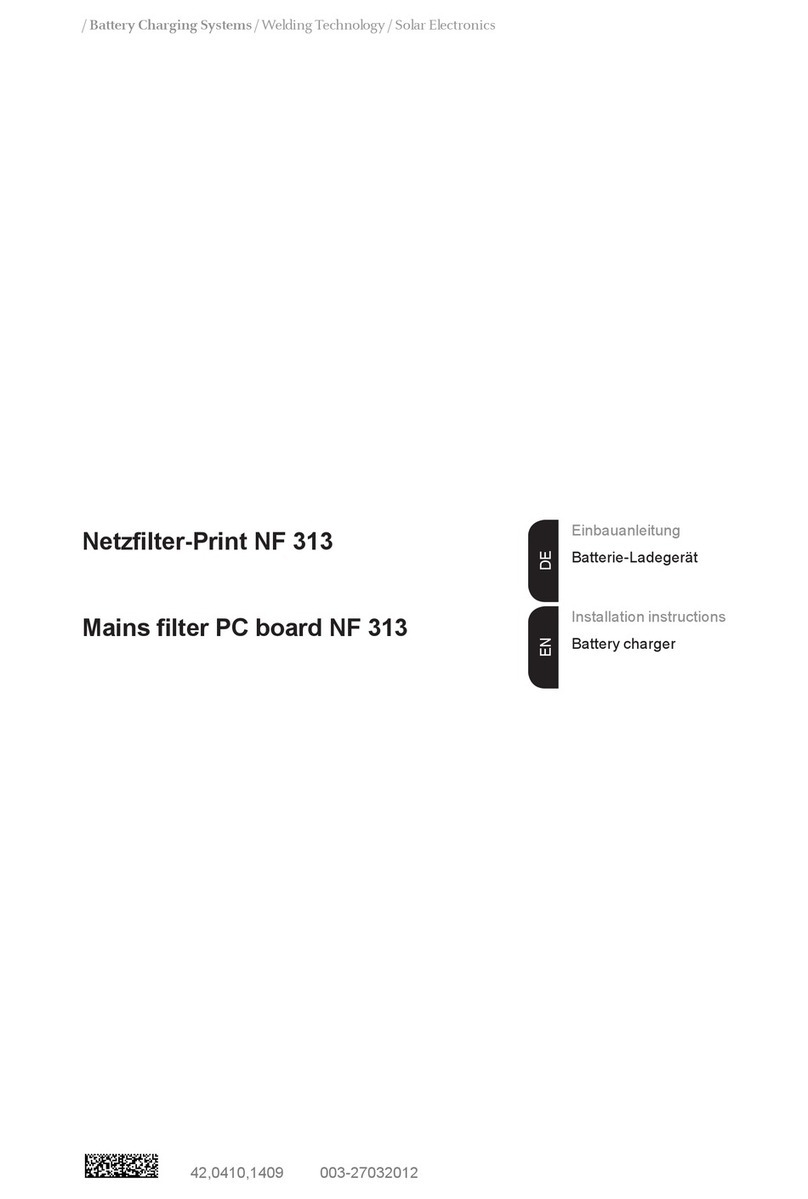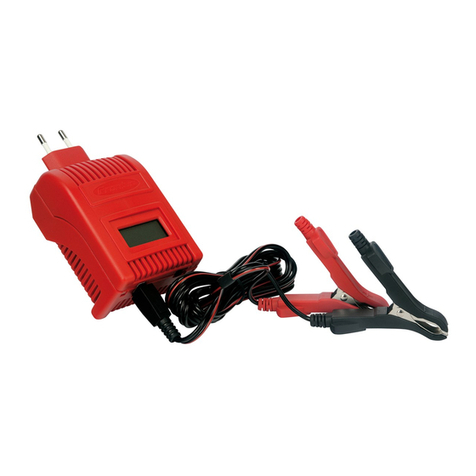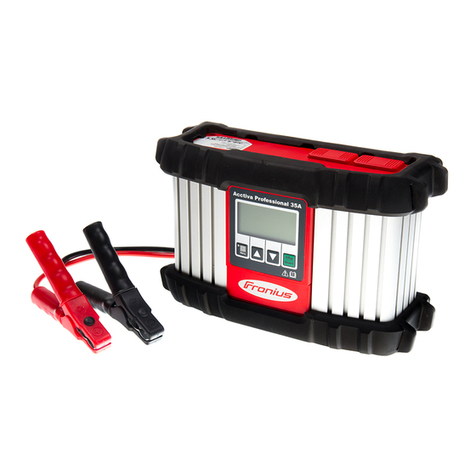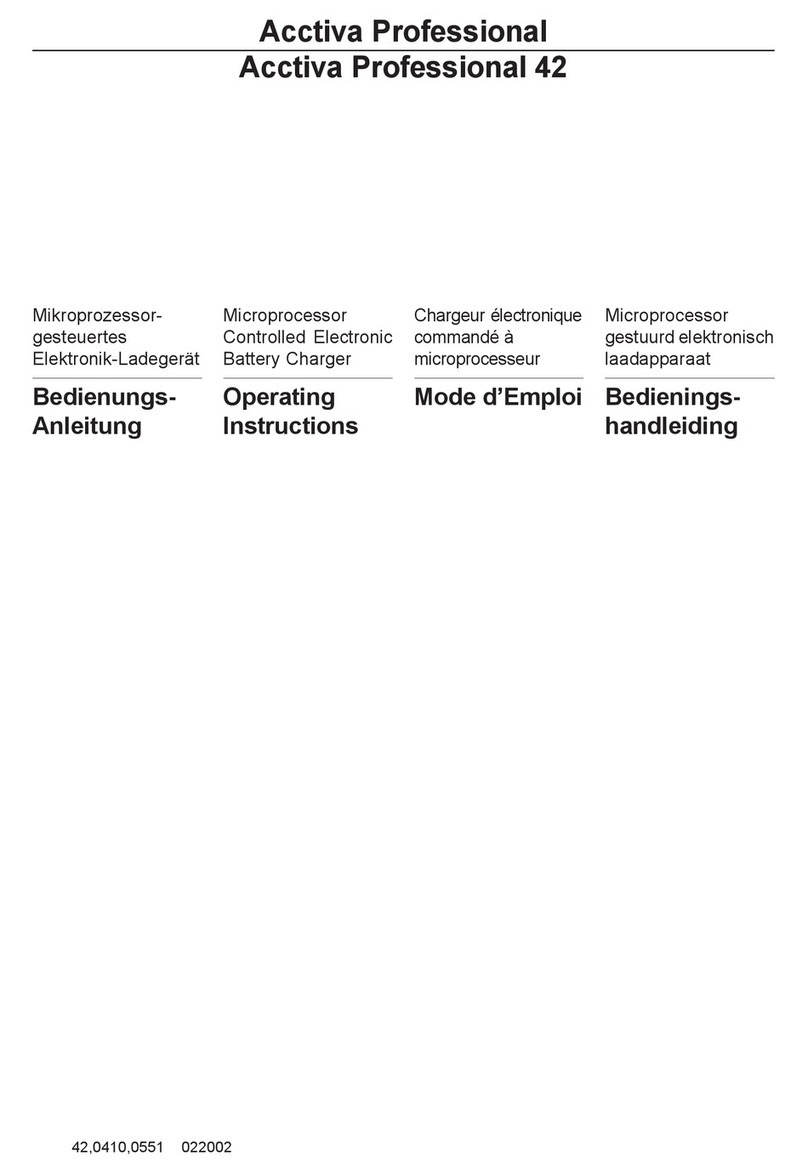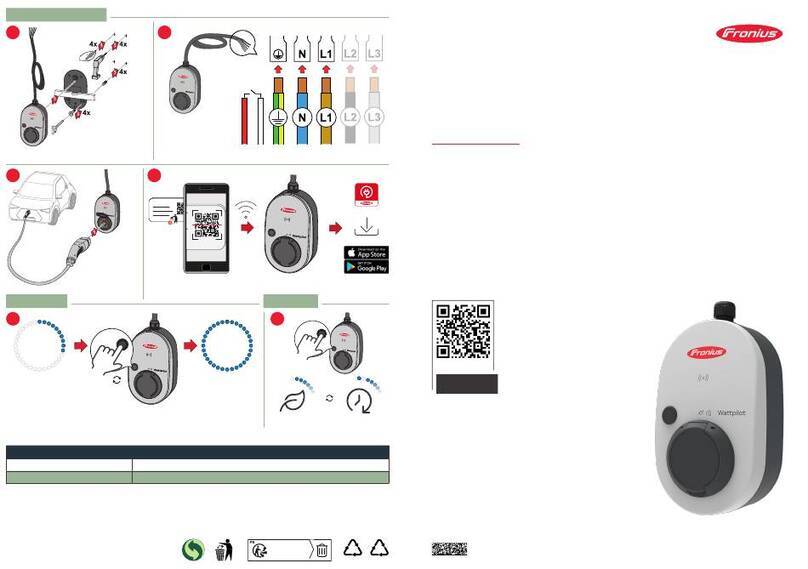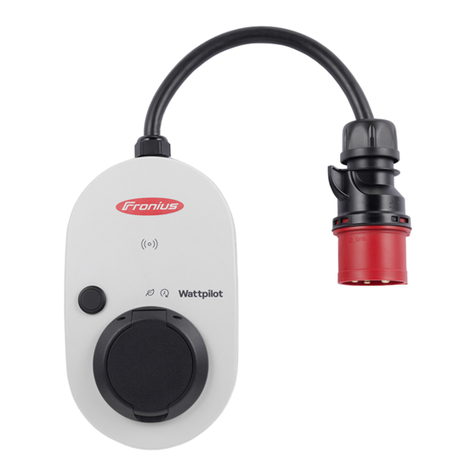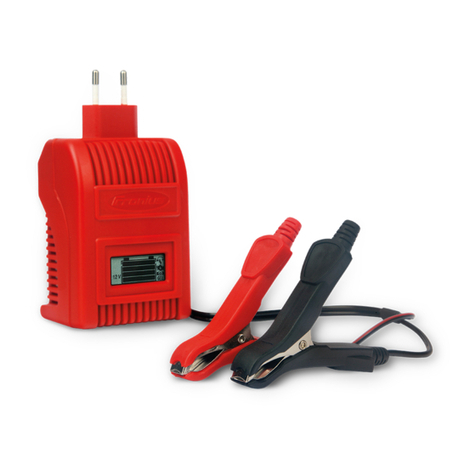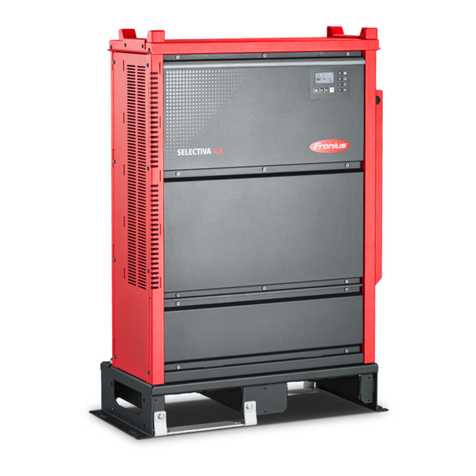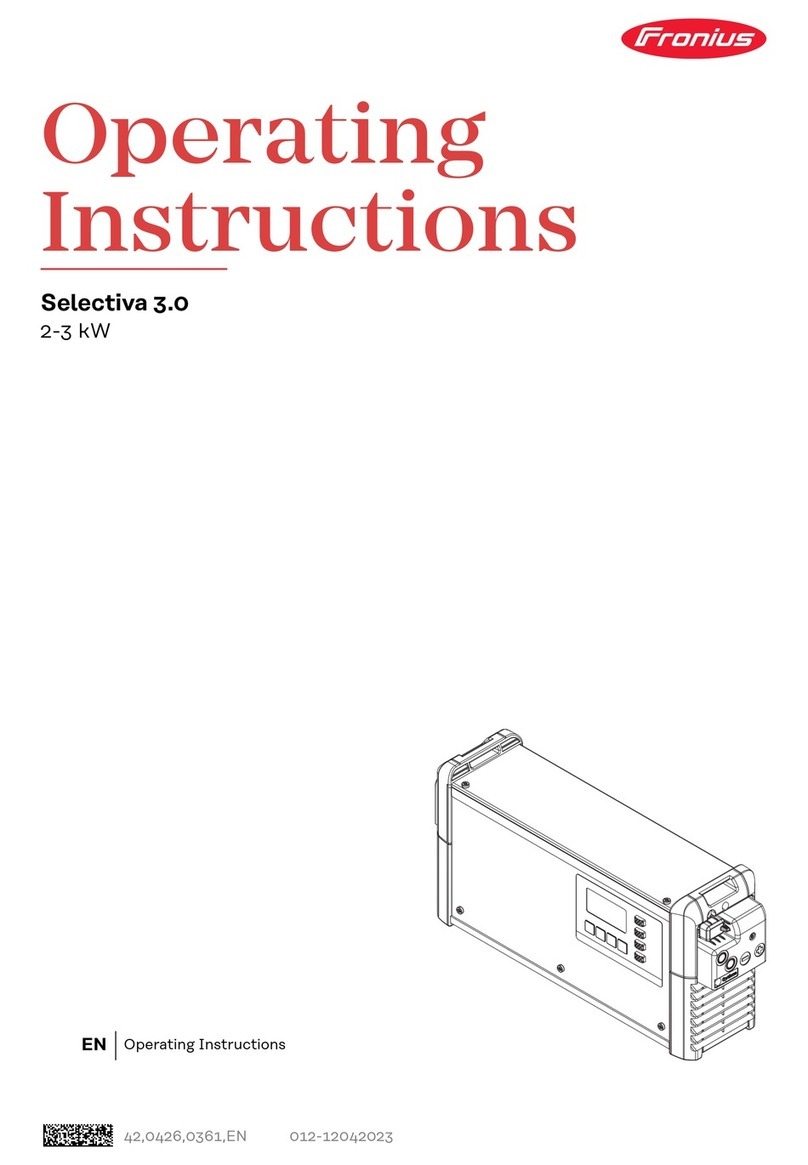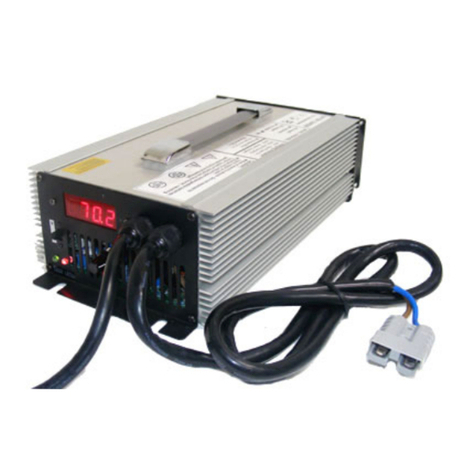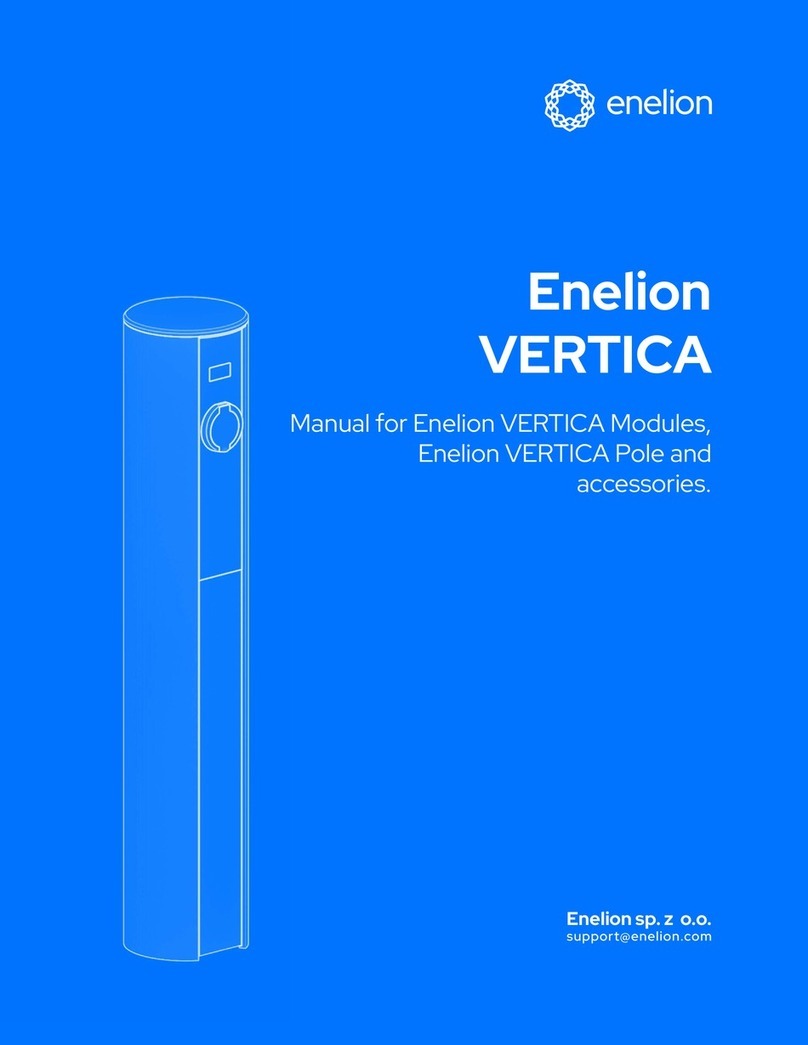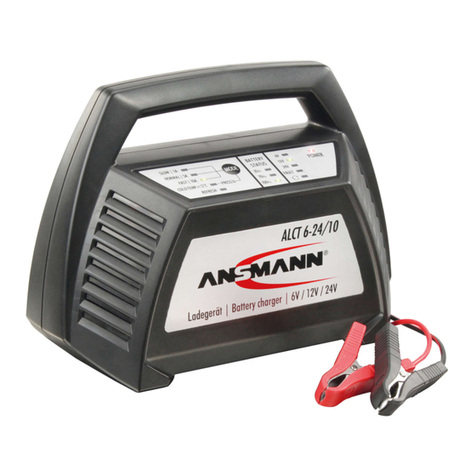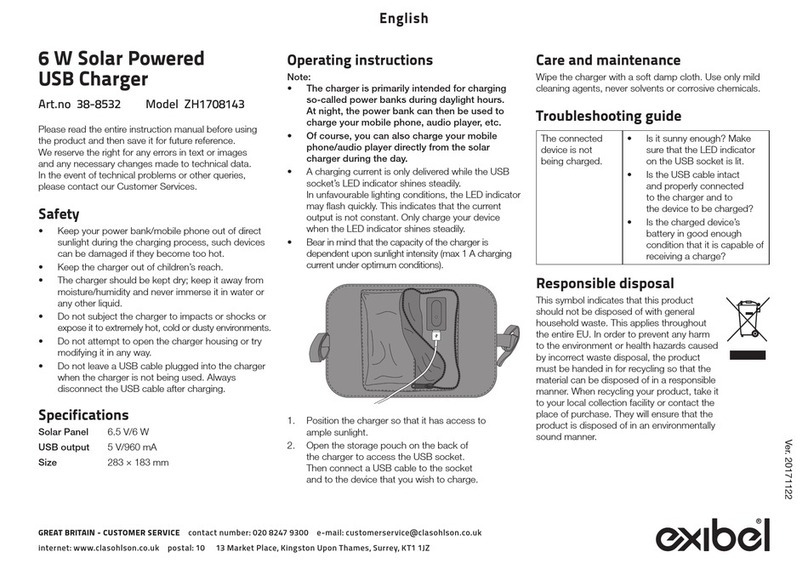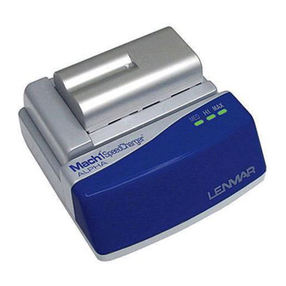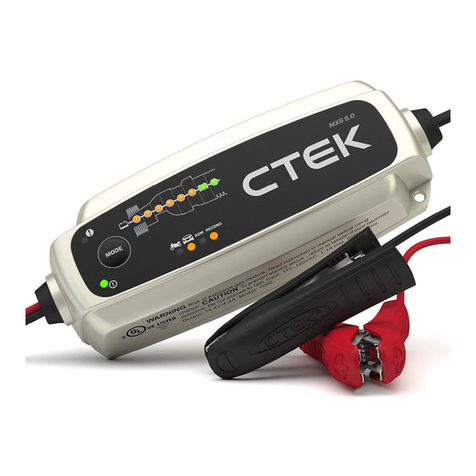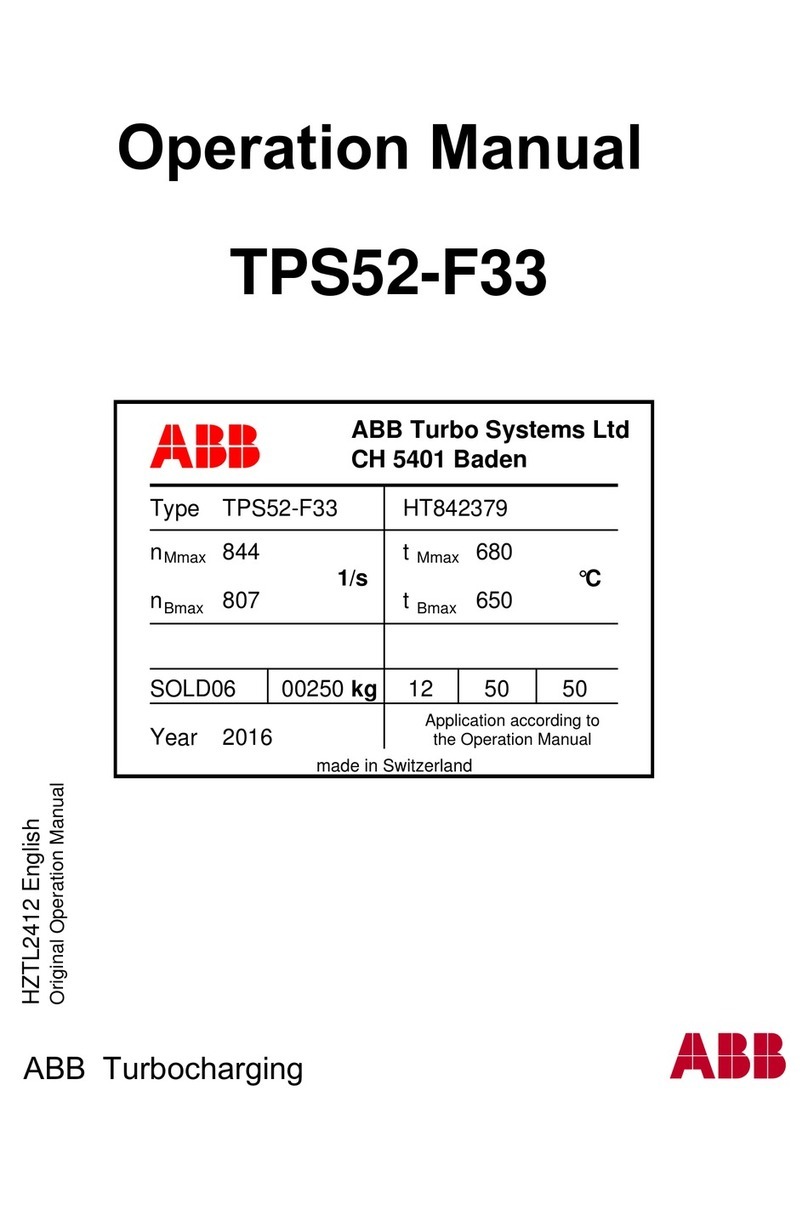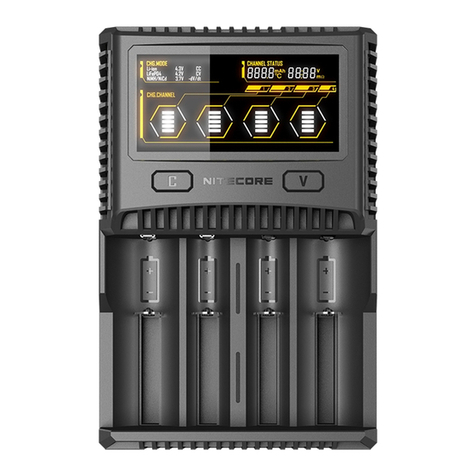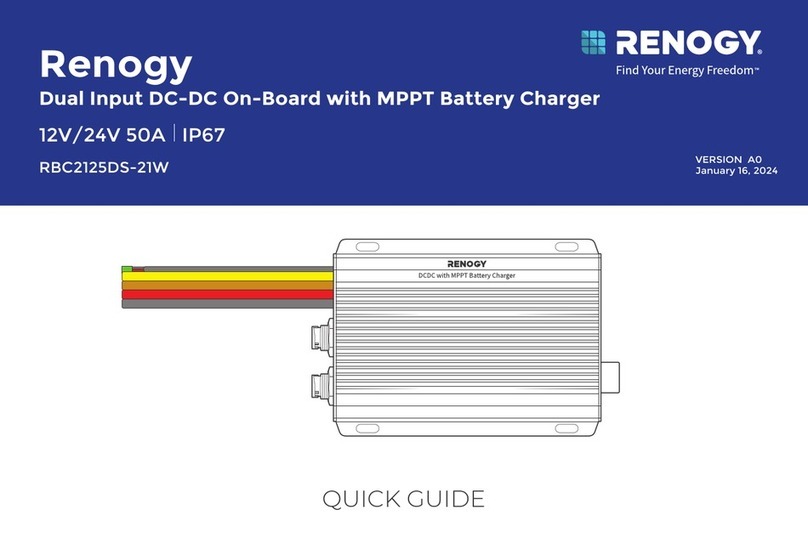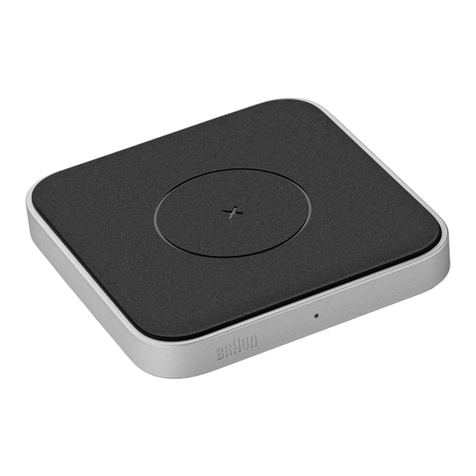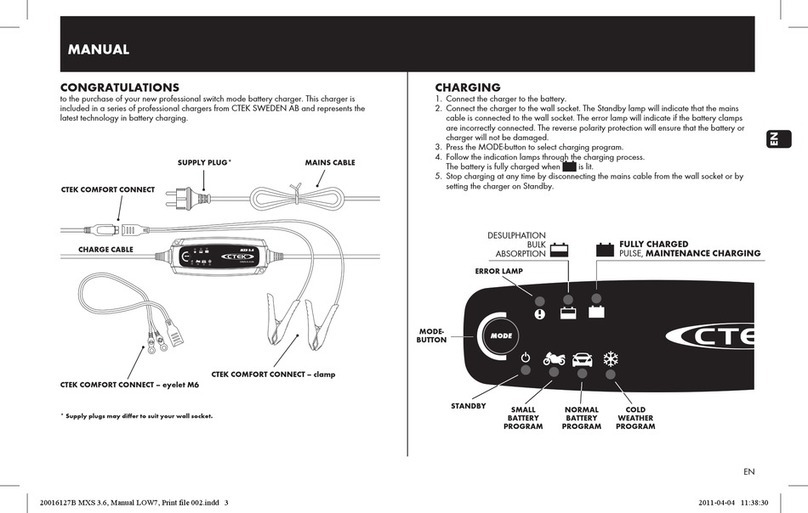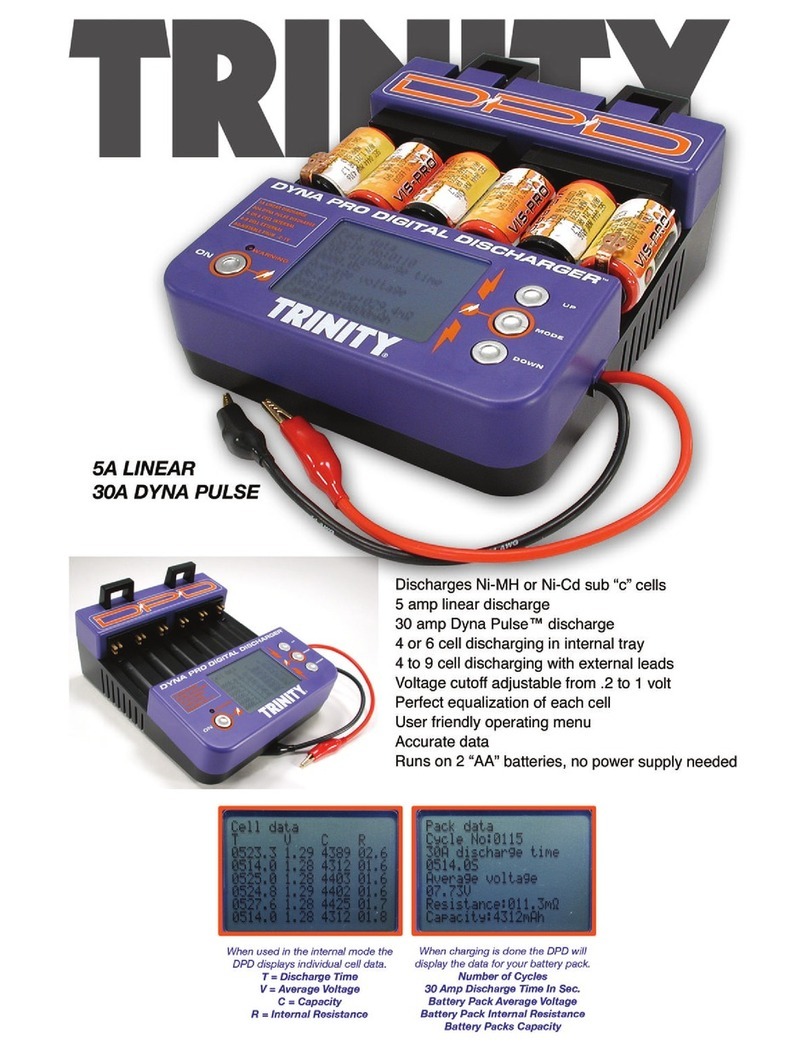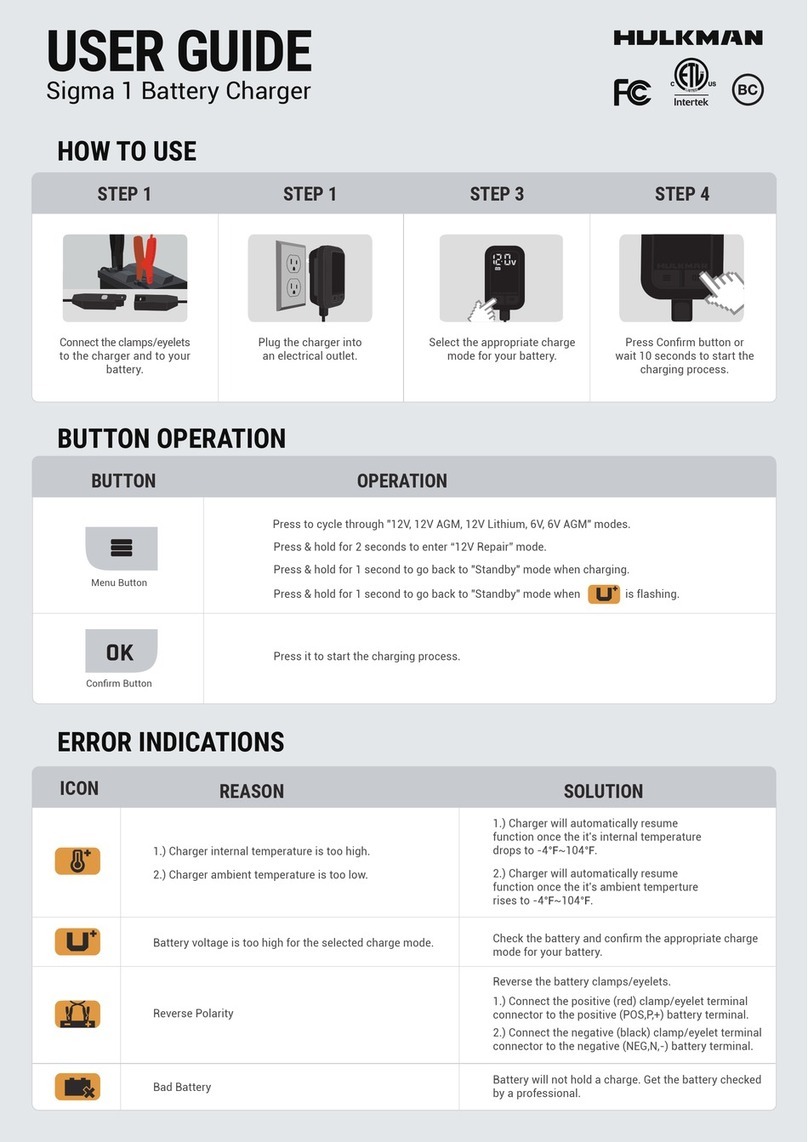
This may affect device types in terms of:
-Connection restrictions, requirements regarding permitted mains impedance *)
-Requirements with regard to the minimum short-circuit power requirement *)
*) at the interface with the public grid
see "Technical data"
In this case, the operating company or the person using the device should check
whether the device may be connected, possibly by discussing the matter with the energy
company where appropriate.
IMPORTANT! Ensure that the grid connection is earthed properly!
Dangers from
mains current
and charging cur-
rent
Anyone working with battery chargers exposes themselves to numerous dangers, e.g.:
- Risk of electrocution from mains current and charging current.
- Hazardous electromagnetic fields, which can risk the lives of those using cardiac
pacemakers.
An electric shock can be fatal. Every electric shock is potentially life threatening. To avoid
electric shocks while using the charger:
- Do not touch any live parts inside or on the outside of the charger.
- Under no circumstances touch the battery poles.
- Do not short-circuit the charging cable or charging terminals.
All cables and leads must be secured, undamaged, insulated and adequately dimen-
sioned. Loose connections, scorched, damaged or inadequately dimensioned cables and
leads must be immediately repaired by authorised personnel.
Dangers posed
by the battery
The substances contained in the battery to be charged can be harmful to the environ-
ment as well as to human and animal health.
If the battery becomes damaged, please observe the following points:
- Make sure that leaking fluids cannot get into the soil or groundwater
- If pollution has already occurred, it must be removed in accordance with relevant
national regulations
The battery can catch fire if overheated. Do not expose the battery to heat
(e.g. a permanent heat source or fire).
If the battery is damaged or subjected to improper use, dangerous vapours may be given
off, which can irritate the airways.
If this happens:
- Ensure an adequate supply of fresh air
- Seek medical attention in case of discomfort
Liquid may emerge from a faulty battery.
- Avoid contact with the liquid
- Take the battery to an authorised service centre for repair
- Clean and check any parts that have come into contact with the liquid
Do not operate or store the device in a potentially explosive atmosphere.
Special regulations apply in rooms at risk of fire or explosion.
Observe relevant national and international regulations.
To comply with European Directive 2006/66/EC on batteries and its implementation in
national law, batteries that have reached the end of their life must be collected separately
and returned to an approved recycling facility. Be sure to return any used battery to your
dealer, or find out about the approved collection and recycling facilities in your area.
7
EN
